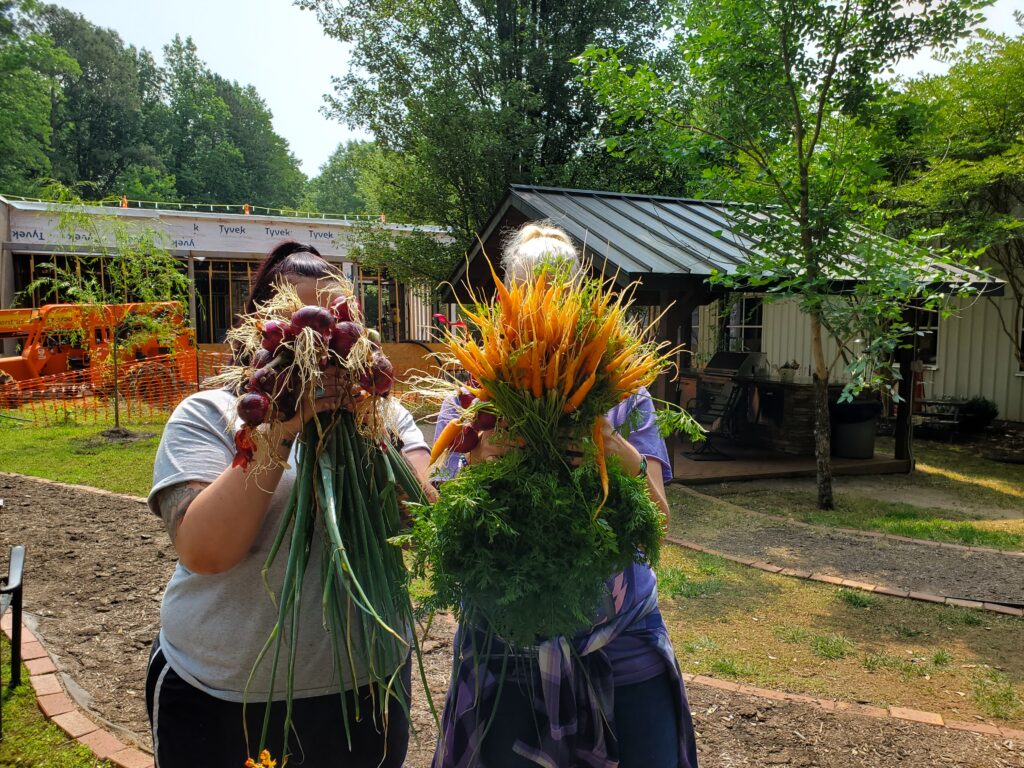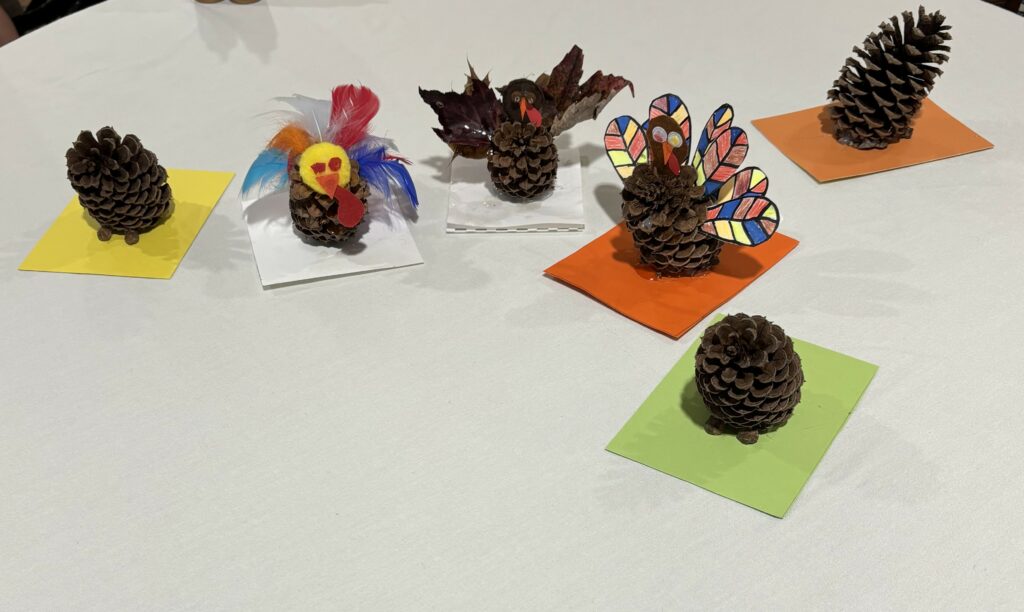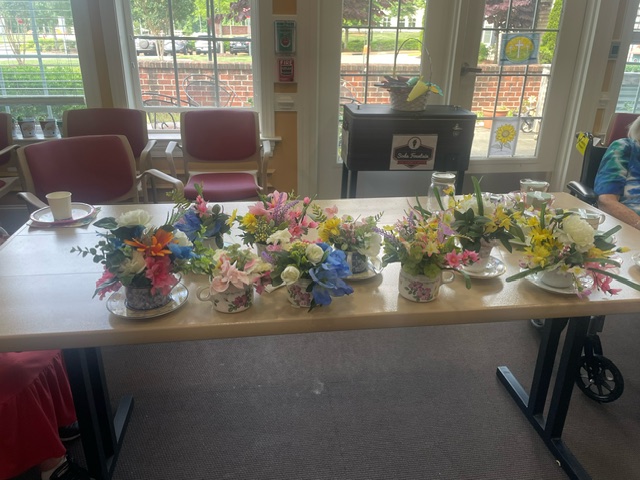Program Spotlight: TH by Extension Master Gardeners of Wake County
go.ncsu.edu/readext?1049160
en Español / em Português
El inglés es el idioma de control de esta página. En la medida en que haya algún conflicto entre la traducción al inglés y la traducción, el inglés prevalece.
Al hacer clic en el enlace de traducción se activa un servicio de traducción gratuito para convertir la página al español. Al igual que con cualquier traducción por Internet, la conversión no es sensible al contexto y puede que no traduzca el texto en su significado original. NC State Extension no garantiza la exactitud del texto traducido. Por favor, tenga en cuenta que algunas aplicaciones y/o servicios pueden no funcionar como se espera cuando se traducen.
Português
Inglês é o idioma de controle desta página. Na medida que haja algum conflito entre o texto original em Inglês e a tradução, o Inglês prevalece.
Ao clicar no link de tradução, um serviço gratuito de tradução será ativado para converter a página para o Português. Como em qualquer tradução pela internet, a conversão não é sensivel ao contexto e pode não ocorrer a tradução para o significado orginal. O serviço de Extensão da Carolina do Norte (NC State Extension) não garante a exatidão do texto traduzido. Por favor, observe que algumas funções ou serviços podem não funcionar como esperado após a tradução.
English
English is the controlling language of this page. To the extent there is any conflict between the English text and the translation, English controls.
Clicking on the translation link activates a free translation service to convert the page to Spanish. As with any Internet translation, the conversion is not context-sensitive and may not translate the text to its original meaning. NC State Extension does not guarantee the accuracy of the translated text. Please note that some applications and/or services may not function as expected when translated.
Collapse ▲We are so pleased to welcome Nancy Crites, an Extension Master Gardener Volunteer of Wake County, describing the therapeutic horticulture program she and her colleagues facilitate for Wake County participants. Master Gardener volunteers and other volunteer organizations are a powerful resource for bringing therapeutic horticulture, healing gardens, and nature-based wellness out to the community. Read on to see how Nancy and her group are making this happen in their community..
When did Master Gardener volunteers start therapeutic horticulture outreach in Wake County?
Therapeutic Horticulture work began in 2005 as part of Extension by volunteer Catherine Soderberg. Master Gardener volunteers served Pine Tree Village, which was an assisted living facility. Over the next year, workshops with residents were scheduled and the program attracted more volunteers.
How large is the program now?
We served thirteen sites in 2024. Of these, nine were monthly or weekly visits all year long and four were seasonal/short term (3-4 months).
The year-long programs are at Senior Centers and at Substance Abuse Recovery Programs.
One of the seasonal programs was a partnership with the Food Bank and at-risk high school students, where we planted seasonal crops while learning about gardening.
How many Extension Master Gardener Volunteers contribute time to your program, or how many volunteers does it take to keep the program running?
We have 45 active Master Gardener volunteers who contribute time to these sites. An individual location or site really needs at least three committed Master Gardener volunteers to plan and deliver a monthly program. That gives a variety of presenters. Since we are building relationships with our clients, the same Master Gardener volunteers visit a location each month. Our TH group sizes average from 8 to 25 participants (depending on location). The group and room size determines how many Master Gardener volunteers are needed to serve at each location.
The goal is to have teams of four to six volunteers per location to account for volunteer time conflicts. Since we are volunteers, we need to allow time for grandchildren, vacations and appointments while caring for our families as well.
Can you give some examples of activities (one-time sessions) or projects (where the activities happen over many sessions) that your group has done successfully over the years?
Our activities at Senior Centers are completed in one session. We do visit the Senior Centers on a monthly basis and have a new topic every month.
A discussion on the meaning of flowers and flower arranging is always enjoyed. Our volunteers will share real flowers and greenery from their gardens and the residents can make an arrangement to enjoy in their rooms. Artificial flowers can also be used and possibly purchased second-hand. Vases can be any glass container. Some of our locations will recycle the vases so we can use them again.
Another great topic is an education on pine trees and cones and is followed by a craft. Pine cones can be made into a wreath, owl or other animal critter.
The THAD database and Pinterest are great resources to review and target activities towards specific populations. We select activities where we have access to the supplies needed and where the activity matches our participants’ abilities and fine motor skills.
If there is an outdoor garden space, planting potatoes in March either in a bed or in a grow bag is a great activity. We can harvest them before summer. Carrots are a great fall crop and fascinating to harvest. A package of seed is very inexpensive and goes a long way!
What advice would you give to an Extension agent thinking of starting a TH program in their county?
Find a group that you already have a connection to. Many of our senior center programs began because one of our Master Gardener volunteers had a parent or family member there.
The goal is to connect with people using plants. You may only have indoor activities, but you build relationships using plants as the tool.
Create a partnership with your participant’s location and ask them for the financial support for minimal supplies. Once you have developed the partnership and trust, the sites see the value in your programming and are willing to financially invest in the program.
What advice would you give to a group of Extension Master Gardener Volunteers who are interested in focusing on TH for their service?
You are connecting with people and using plants to get you there! As Master Gardener volunteers, we love to talk about plants and our participants have some great plant stories to share as well. Realize that you will learn from your participants!
Friendships develop and the participants look forward to seeing you on a regular basis. The education is great, but it is the connection that heals.
Thank you, Nancy, for sharing your county’s program with us! If you are interested in more information on the Extension Master Gardener of Wake County Therapeutic Horticulture program, you may contact the office at mgardener@wake.gov with questions. All photos in this article are courtesy of Nancy Crites.





